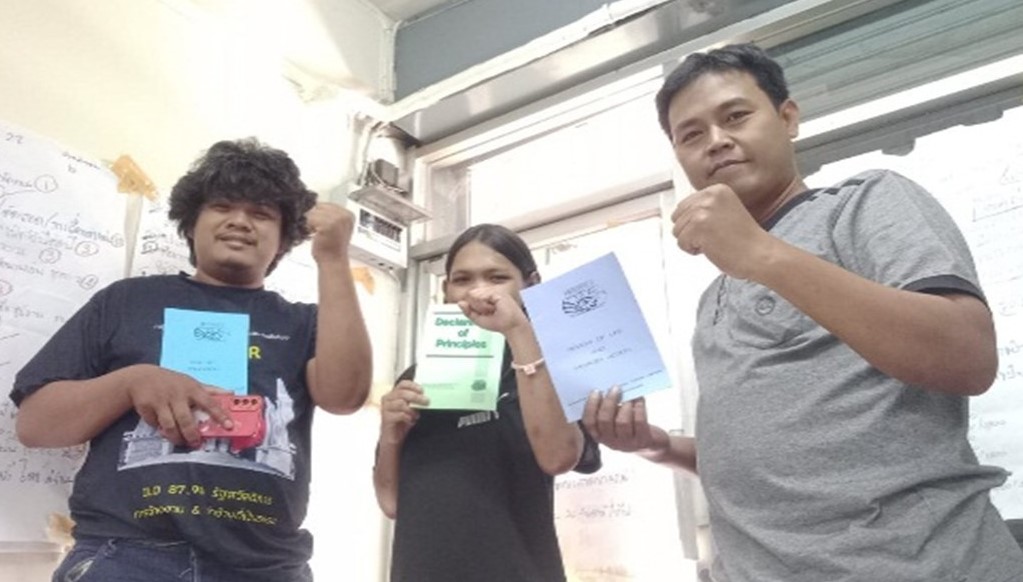
The IYCW ASPAC extension worker conducted his annual field mission in Thailand from June 2-29, 2024. It aimed to follow up the recommendations identified by the extension commission in 2023, including the development of local leaders who will focus on the organizing work and development of action using the SEE-JUDGE-ACT method. In addition, meeting with adult YCWers in Thailand was also important during the visit to secure their support in the field of analysis, action, formation and training, methodology, coordination and finance.
Training of Leaders
To strengthen the local leaders’ understanding of YCW basic documents (TOE, DOP, ROLWA), the extension worker provided training on the Review of Life and Worker Action (ROLWA). It helped and enabled leaders to understand the process and methodology of action used by the YCW. This capacitated them to start the process of organizing and forming base groups with the objective of identifying collective and militant action.
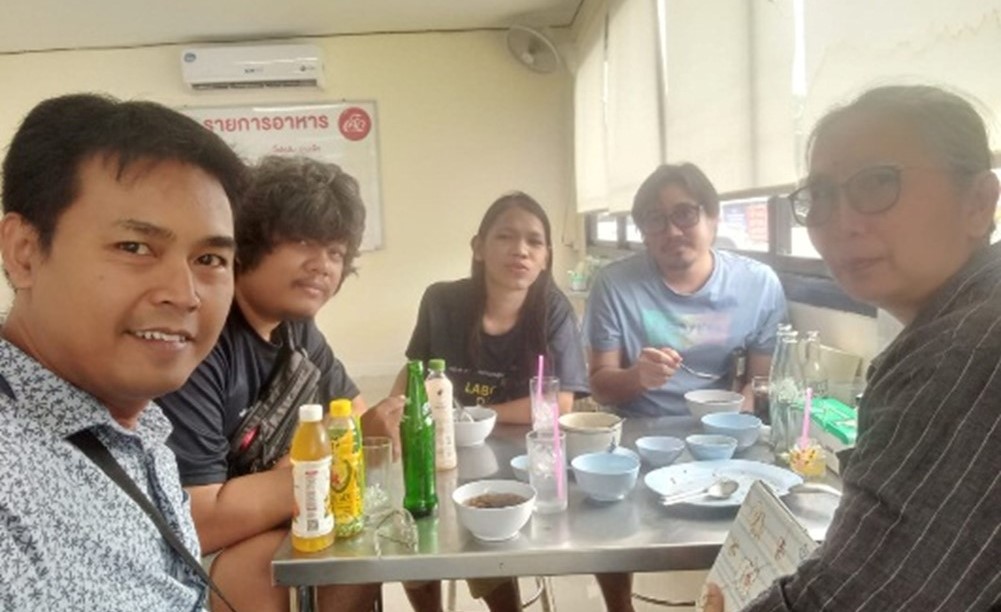
Thanks to the support of adult YCW who volunteered to translate the three basic documents of the IYCW.
Meanwhile, local leaders were tasked with visiting and organizing base group meetings, facilitating educational spaces, directing actions in base groups, and thinking about how to have a national coordination team in the future.
Role and Responsibility of Key Leaders in Thailand
Organizing young workers is the main responsibility of Toey, the leader who is assuming responsibility in building up the YCW Thailand. Together with the team, they have targeted five groups of young workers aiming to turn them into YCW base groups: young factory workers in Suzuki factory; young factory workers in Kurabo factory; young factory workers in Kawazumi factory; sanitary workers in factories; online platform workers.
In addition to organizing young people in their workplaces, local leaders also have to actively respond to invitations to seminars, training sessions, and mass mobilization organized by the networks.
The evaluation on the task of organizing and developing the action will be coordinated with the ASPAC extension worker.
Gig Economy Workers in Thailand
We took some time to meet with online platform drivers under the flyover of the Future Park Supermarket in Rangsit district. We introduced ourselves and had an informal discussion on their reality and the challenges they are facing.
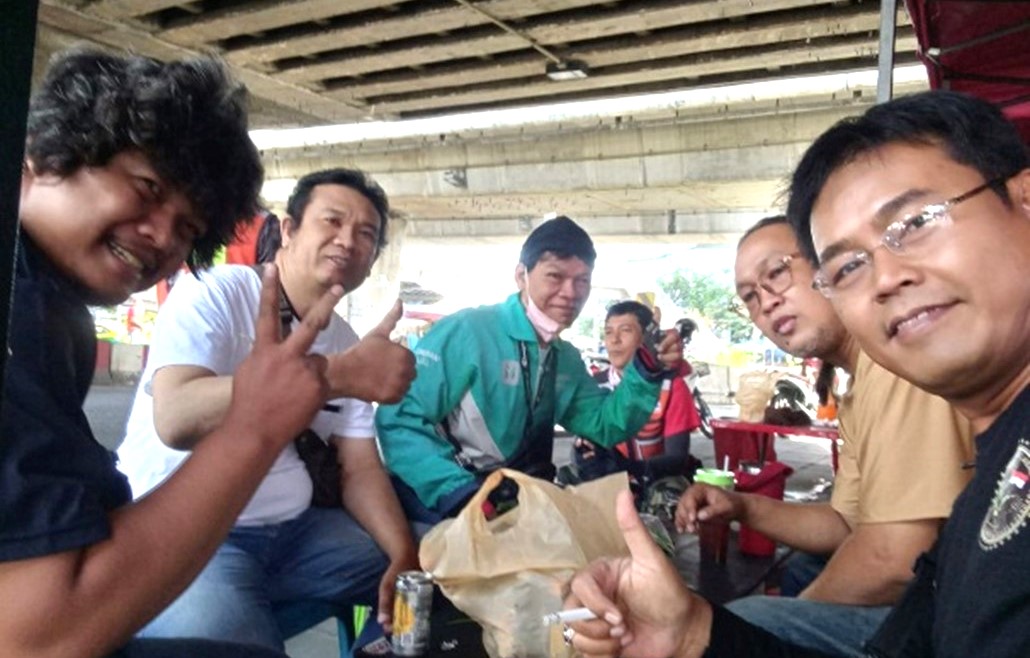
The online platform economy has been steadily growing in Thailand since the pandemic. Many young people have been attracted to this kind of jobs since, according to them, they do not require a college degree. Some of them are coming from rural communities nearby Bangkok and trying to find luck in the capital. Their income is based on the number of customers they serve on a day-to-day basis. A certain percentage goes to the workers and the remaining percentage goes to the online apps company.
The unsecured income is one challenge and the lack of Social Protection (in the form of social security and health insurance) is another one. In Thailand, there are no regulations yet specifically to protect platform or gig workers. The question of “Who is the employer” remains unanswered.
Like in many other countries in South-East Asia and around the world, platform work is interpreted as “a hire of services” rather than an employment contract. Without the ‘employee’ status, platform workers are not granted law protection under the Thai Labor Protection Act and the Labor Relations Act, which define policies on minimum wages, benefits, working conditions, and the right to association, which regular workers have.
Factory Workers in the Motor Industry
From the beginning of 2024 up to now, official reports indicated that more than 1,700 factories have closed their operations in Thailand. An example of this pressing situation is the recent announcement made by one of the main automobile manufacturing companies in Thailand, Suzuki, which stated that they will close their factory by the end of 2024.
Last June 22, 2024, YCW Thailand was invited to attend the Annual General Assembly of the Suzuki Labor Union. The union administrators explained the current issues of the company, where around 800 workers are threatened with termination of employment. The reason for this termination of employment is the decline of the company’s car production as the Thai market is under pressure because of the demand for electric cars made in China. With the politicians’ consent, electric car products from China have entered Thailand on a large scale.

Perspective and Way Forward
As a young workers’ movement, we are committed to continuing to analyze the fast-changing situation that young workers are facing every day, whether in their daily work or in their daily life. Through our in-depth analysis, we hope we can find a true solution addressing the roots of our problems.
For the manufacturing and industry workers, this situation must be addressed together, not as the sole responsibility of the labor union, but with the involvement of the company and of the government. Stakeholders must be responsible for finding solutions to the problems that are currently threatening the future of the workers and their families.
While there has been a continuing debate on the employment status of gig workers in almost every part of the world, our vision as YCW is to recognize platform drivers as employees of platform companies. It is important to establish a legal definition of platform workers to be regarded as “employees”, so that they will be given benefits under the terms of the law. For the time being, it is essential for platform workers to be covered by the Social Protection Scheme of the country considering the hazards and risks there are facing in their workplace.
We are fully committed to continuing to educate, organize and mobilize young workers in Thailand, particularly in our target sectors. This, with the help and support of adult YCWers who continue to help in the process of rebuilding the movement, developing potential leaders, providing contact details of young workers in various sectors, building networks, and providing logistical support. We are very grateful, especially to Sripai Nonsee, Thanakorn, Somyot, Rotsarin, Noy, and other former members who are all in this process.
We are all in this, together.

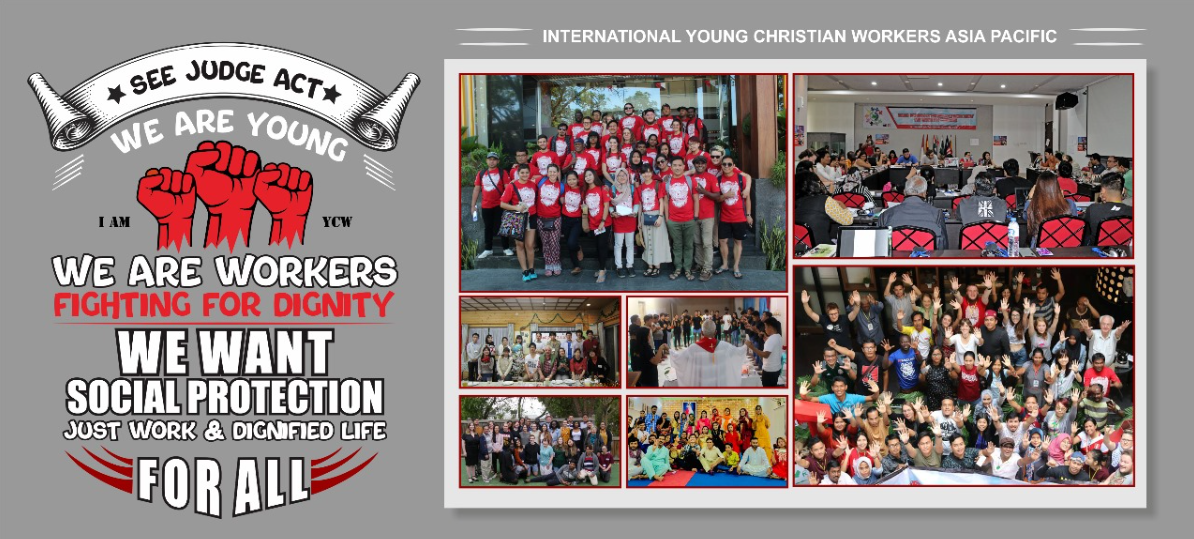
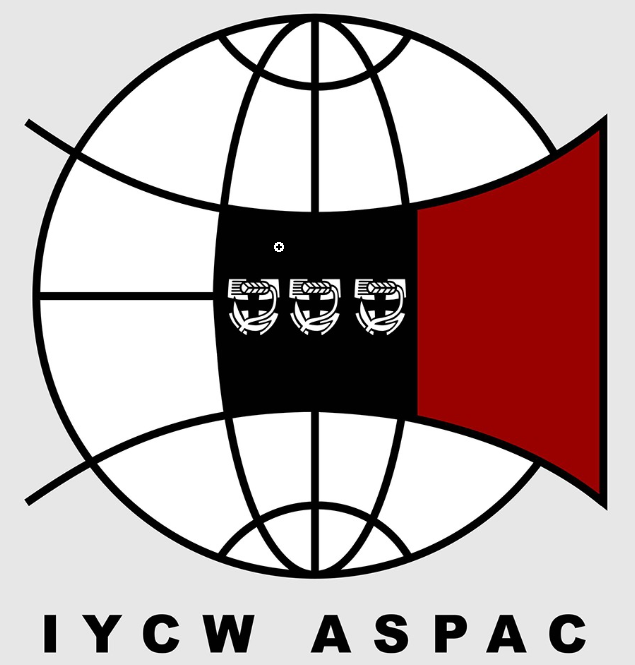
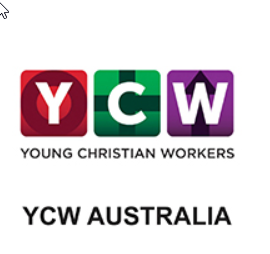
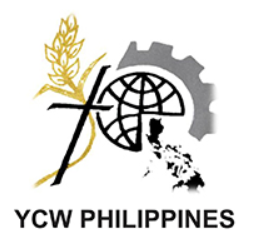
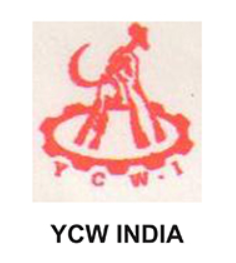
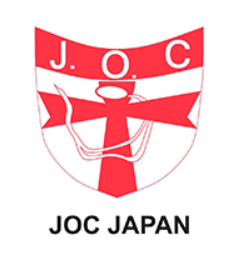
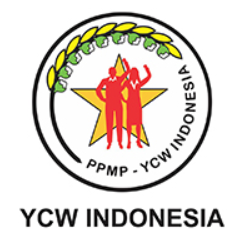
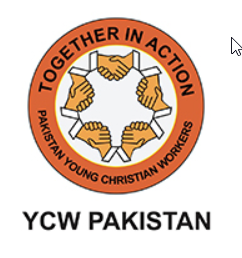
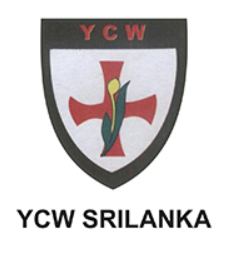
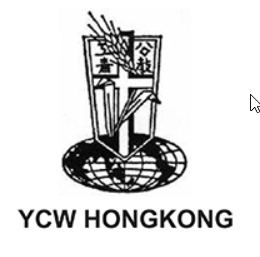

 English
English  Español
Español  Français
Français